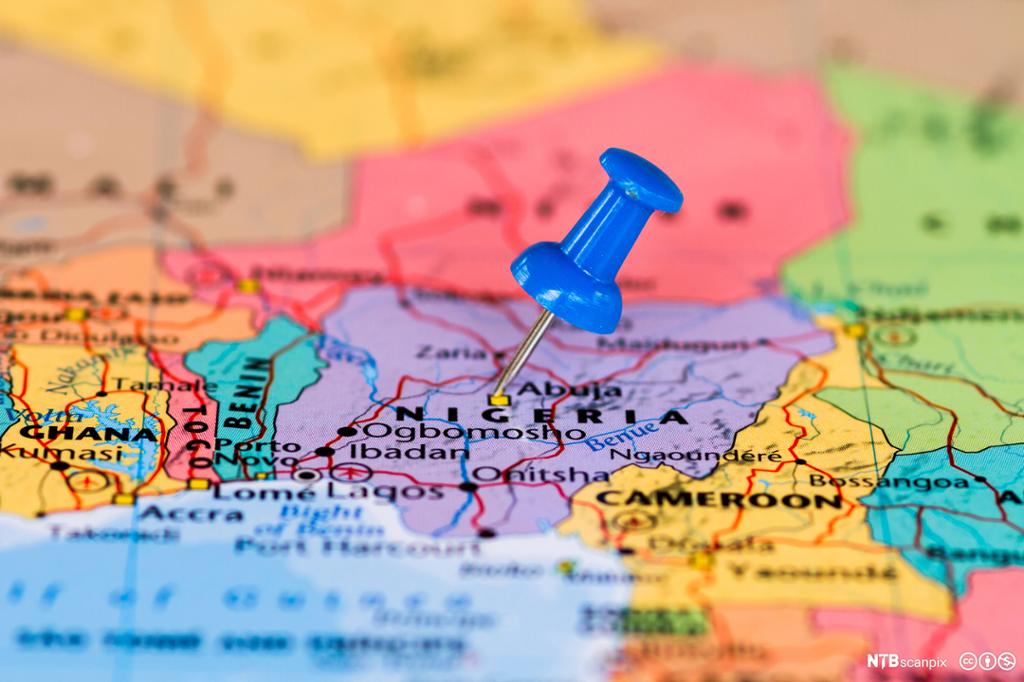An introduction to Nigeria


Nigeria, officially the Federal Republic of Nigeria, is comprised of thirty-six states and one Federal Capital Territory. The country is located in West Africa and shares land borders with the Republic of Benin in the west, Chad and Cameroon in the east, and Niger in the north. Its coast lies on the Gulf of Guinea, a part of the Atlantic Ocean, in the south. The capital city is Abuja. The three largest and most influential ethnic groups in Nigeria are the Hausa, Igbo and Yoruba. With respect to religion, the population is divided approximately equally between Christianity and Islam.
Archaeological evidence shows that human habitation of the area dates back to at least 9000 BCE. The Benue-Cross River area is thought to be the original homeland of the Bantu migrants who spread across most of central and southern Africa in waves between the 1st millennium BCE and the 2nd millennium CE.
The name Nigeria was created from a portmanteau of the words Niger and Area, taken from the River Niger running through Nigeria. This name was coined by the future wife of Baron Lugard, a British colonial administrator, during the early 20th century.
Nigeria is the most populous country in Africa and the eighth most populous country in the world with a population of over 190 million. It is a regional power, is listed among the "Next Eleven" economies, and is a member of the Commonwealth of Nations. The economy of Nigeria is one of the fastest growing in the world.
British influence and control over what would become Nigeria and Africa's most populous country grew through the 19th century. A series of constitutions after World War II granted Nigeria greater autonomy, and independence came in 1960. Following nearly 16 years of military rule, a new constitution was adopted in 1999, and a peaceful transition to civilian government was completed. The government continues to face the difficult task of reforming a petroleum-based economy, whose revenues have been squandered through corruption and mismanagement, and institutionalizing democracy.
In addition, Nigeria continues to experience longstanding ethnic and religious tensions. Although both the 2003 and 2007 presidential elections were marred by significant irregularities and violence, Nigeria is currently experiencing its longest period of civilian rule since independence. The general elections of April 2007 marked the first civilian-to-civilian transfer of power in the country's history. The 2011 presidential election was reported as having run smoothly with little violence.